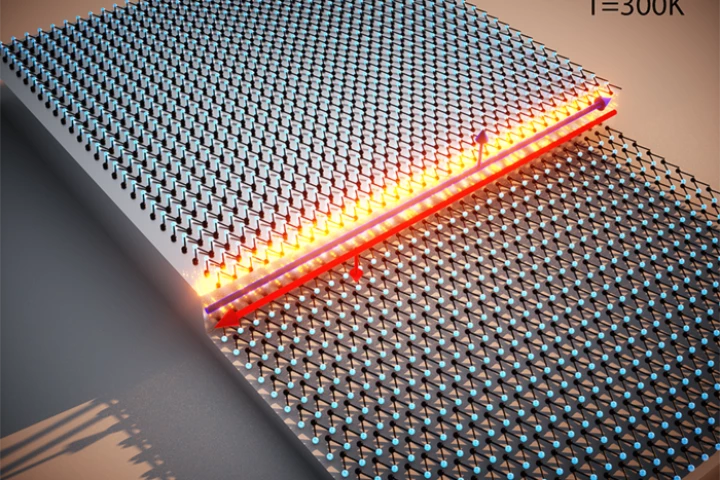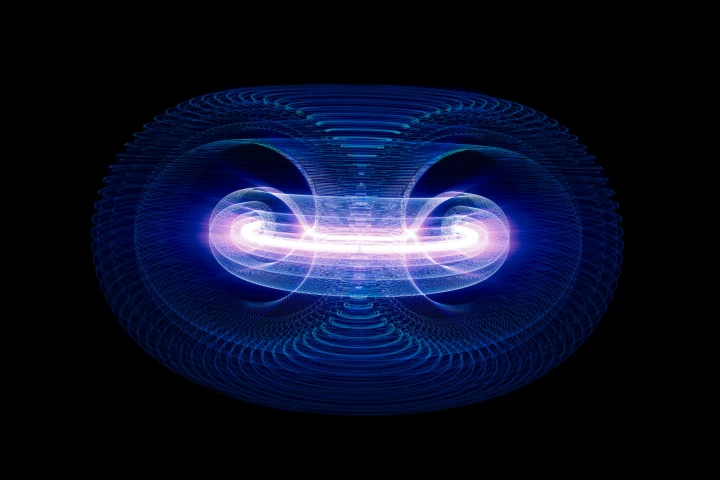Princeton
-
Many quantum effects can only be produced at extremely cold temperatures, which limits how useful they would be in real-world tech. Now, Princeton researchers have demonstrated a strange quantum state taking place in a material at room temperature.
-
A new technology representing a "revolutionary change" in how magnets are made for tokamak reactors could form a key piece of the nuclear fusion power puzzle, by facilitating the type of sustained streams of plasma needed for it to become a reality.
-
Sharing information is crucial for species to survive, but how do simple lifeforms like worms spread the word? New research has found that roundworms can transfer “memories” to their neighbors, and pass them down to their offspring for generations.
-
Physicists have confirmed a major advance in the performance of the Wendelstein 7-X fusion reactor, with efforts to address inherent energy losses in the design potentially enabling the reactor to host plasma twice as hot as the Sun's core.
-
A crewed mission to Mars may be more practical thanks to a new rocket concept developed by Fatima Ebrahimi, a physicist at the US Department of Energy’s (DOE) Princeton Plasma Physics Laboratory (PPPL), that uses magnetic fields to generate thrust.
-
Princeton physicists have accidentally discovered an unexpected quantum behavior in an insulator that was thought to be unique to metals. The find suggests a brand new type of quantum particle, which the team calls a neutral fermion.
-
Borexino, a huge underground particle detector in Italy, has picked up a never-before-seen type of neutrino coming from the Sun. These neutrinos confirm a 90-year-old hypothesis and complete our picture of the fusion cycle of the Sun and other stars.
-
Nuclear fusion could be an essentially unlimited energy source, but large eruptions in the plasma can damage reactors. But now physicists have found a way to prevent those large eruptions, by triggering lots of small ones through the injection of tiny pellets of beryllium.
-
It’s basic biology that physical traits are passed from parent to offspring, but what about behaviors? Biologists have shown that in worms, learned behaviors can be passed down as many as four generations, with younger worms instinctively avoiding bacteria they’ve never encountered themselves.
-
According to a new study, Earth's surface is smooth compared to the landscapes found deep within the planet. Using data from one of the biggest earthquakes on record, geophysicists have now found massive mountain ranges hundreds of kilometers beneath our feet.
-
For such simple organisms, bacteria are surprisingly crafty when it comes to defending themselves from antibiotics. Now researchers at Princeton have discovered a new bacterial defense mechanism, where dying bugs will “hoard” antibiotics to allow their neighbors to grow unharmed.
-
As the seas get warmer and more acidic, all kinds of havoc is wrought, and now a new study has identified yet another symptom. Researchers at Princeton and McGill Universities have found that the seafloor is beginning to dissolve as a result of human activity.
Load More










